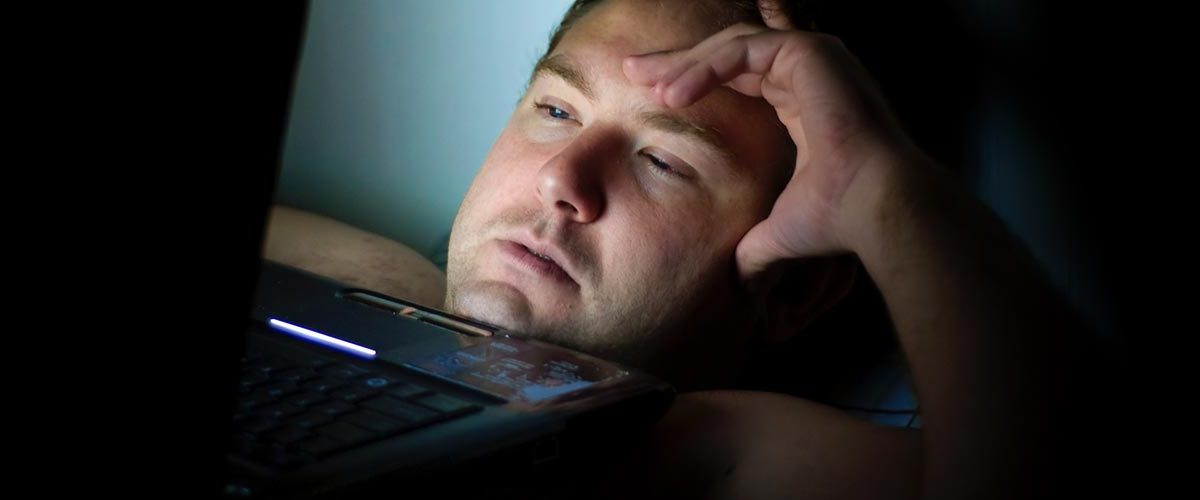Whether you get up at 2:00, 3:00 or any other time, it all just means one thing: you’re having trouble sleeping. Unfortunately, there isn’t just one reason for your sleeping problems. It could be a mixture of medical, biological and/or psychological reasons.
Insomnia falls into multiple categories, based on the time of the night you’re having your sleep problems. Many times, these times align with predictable triggers. As a rule of thumb, if you’re struggling to fall asleep at the start of the night, it could be due to stress or anxiety. Sometimes sleeping in too bright of a room or spending too much time staring at a media screen can hurt your ability to fall asleep.
If you’re having problems sleeping so late into the night that you may just decide to stay awake or rise extra early, that may be due to depression. Professional help may be needed in such a case.
Some Health Risks of Insomnia
Only getting around five hours sleep can have an effect on your heart rate the following day. A common cause of this may be insomnia that forces your eyes open only a few hours after you’ve fallen asleep. Two things you can look into are gastroesophageal reflux disease (GERD) and sleep apnea. GERD may cause you to wake up sometime during the night because stomach acids are burning your esophagus. Sleep apnea can be a serious condition that should not be ignored. If you suspect you may have sleep apnea, you should consult a physician as soon as possible.
Your age may be a factor in sleep issues. Sometimes, as we get older, our sleep efficiency decreases. Older age people may find that medications, especially beta blockers and/or other heart medications can make age-related sleep issues worse.
Can Alcohol Consumption Be an Issue?
Everything from a room’s ambient light or room temperature, to anxiety can disrupt sleep. While we all occasionally experience trouble sleeping, if you find yourself waking up at some predictable time, you may have an issue worth looking into.
Another cause worth looking into, if you find yourself routinely waking up at the relatively same middle-of-the-nighttime, is routine alcohol consumption. Liquor has a “paradoxical” effect on sleep in that it both helps and hurts the quality of slumber. It can help you relax and fall asleep, but it can also disrupt the quality of your sleep sometime into the night.
The kind of sleep that alcohol induces is associated with intense slow-wave brain activity, which is considered to produce the deepest, most restorative kind of sleep. That kind of sleep is what you experience during the early part of the night. But because your body breaks down and metabolizes alcohol quickly, once that happens, sleep becomes fitful, possibly due to stimulation of brain chemicals that play a part in wakefulness.
Of course, an occasional moderate amount of beverage may not pose any kind of problem, depending on your personal metabolism. Just keep it reasonable.


